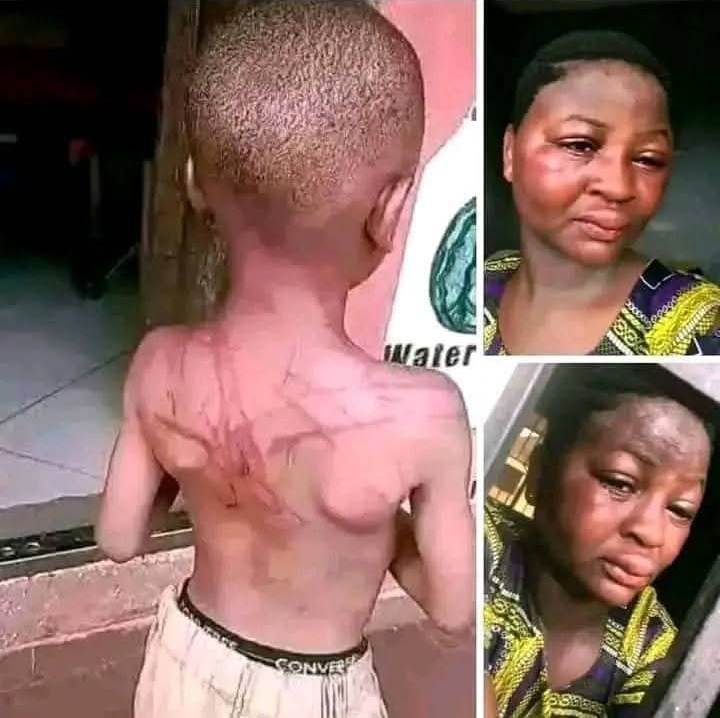
Protecting Our Children: A Call to Action Against Corporal Punishment in Nigerian Schools
As a student affairs practitioner, I am compelled to speak out against a disturbing incident that highlights the urgent need for reform in our education system. Recently, a pupil in a Nigerian school was brutally flogged by a teacher, resulting in serious injuries. The father of the child, understandably outraged, took matters into his own hands and physically assaulted the teacher, causing her severe harm.
While the father’s actions may have been driven by a desire for justice, they only served to escalate the situation and perpetuate a cycle of violence. As educators and guardians, it is our responsibility to ensure that our children are protected and supported in a safe and nurturing environment.
Corporal punishment has no place in our schools. Not only is it a violation of children’s rights, but it is also ineffective as a disciplinary measure. Research has consistently shown that physical punishment can lead to increased aggression, anxiety, and decreased academic performance in students.
Furthermore, teachers who engage in corporal punishment risk facing severe consequences, including loss of their teaching licenses, termination of employment, and even imprisonment.
So, what can be done to prevent such incidents in the future? As parents and guardians, it is essential to report any cases of corporal punishment to the relevant authorities, such as the Education Office or Student Affairs Representative. These bodies are equipped to handle such situations and ensure that perpetrators are held accountable.
We must also work together to create a culture of zero tolerance for corporal punishment in our schools. Teachers must be trained in alternative disciplinary methods that prioritize positive reinforcement and restorative justice. Schools must also establish clear policies and procedures for reporting and addressing incidents of corporal punishment.
Let us join forces to protect our children and ensure that they receive the education they deserve in a safe and supportive environment.
What to do if your child is a victim of corporal punishment:
1. Report the incident to the Education Office or Student Affairs Representative.
2. Document the incident, including dates, times, and details of what happened.
3. Seek medical attention if your child has been physically harmed.
4. Support your child emotionally and provide a safe and nurturing environment.
Together, we can create a better future for our children.
✍️ By:
Gabriel Chibuikem Eze
(Student Affairs Representative)
So sad!